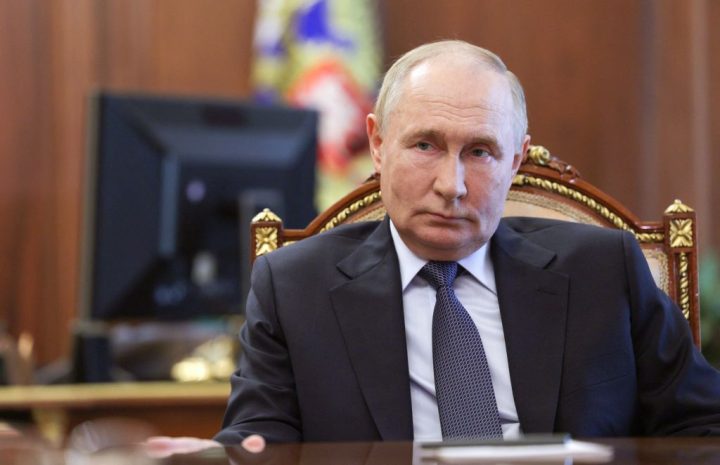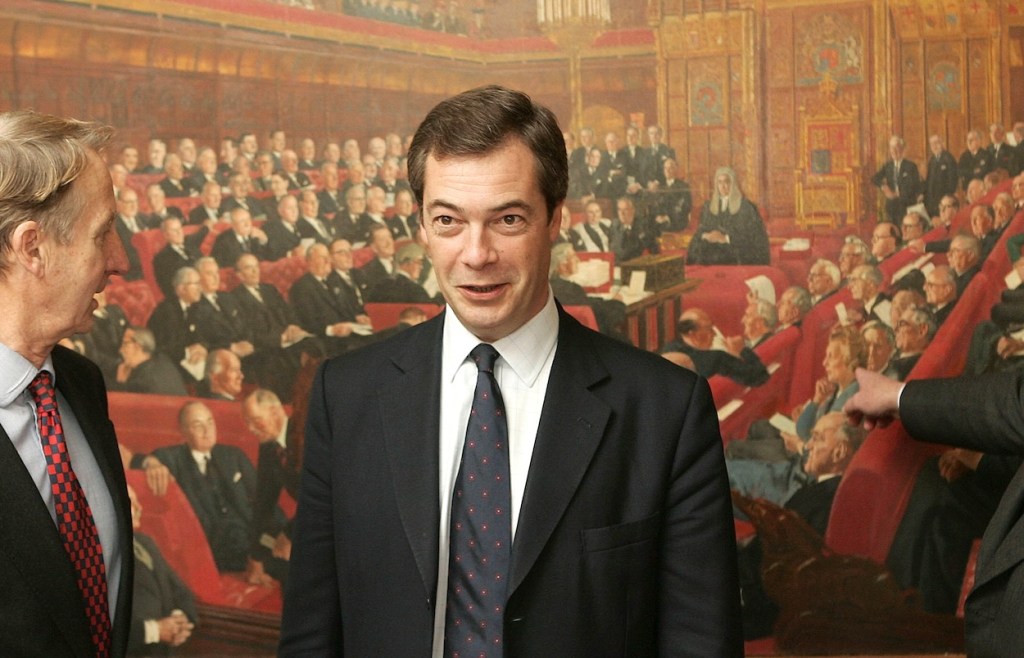The British Army’s Field Army Threat Handbook has warned soldiers of potential Russian espionage at UK sites where Ukrainian military personnel are being trained. Possible methods identified include ‘the use of remotely piloted aircraft systems, mobile and foot surveillance, virtual and physical approaches to training providers and interest from investigative journalists’. This is a threat we should take seriously, but it should also serve to clarify the United Kingdom’s current adversarial relationship with Russia.
There is no shortage of gloomy Jeremiahs in the public arena at the moment, arguing that we are unprepared for a potential major conflict, that the armed forces do not have the resources needed to meet their stated commitments and that Vladimir Putin may be sincere when he talks about Russia’s nuclear weapons capabilities. At the same time, there is a strange, lingering sense of detachment from reality, as part of the public consciousness still basks in a Francis Fukuyama-inspired glow of having won the Cold War and put an end to history.
We are certainly adversaries of a very advanced degree with Russia
When three men were charged under the National Security Act 2023 in May for allegedly assisting Chinese intelligence, the political establishment expressed such outrage that the ambassador of the People’s Republic (PRC), Zheng Zeguang, was summoned to the Foreign Office for a meeting-without-coffee with the foreign secretary, Lord Cameron of Chipping Norton. But why were we surprised? Of course China is spying on us: we are a close ally of the United States, its chief geopolitical and economic rival, and our interests and those of the PRC are almost completely opposite. The Chinese are pragmatic and meticulous, and it would be extraordinary if they did not seek to use covert methods to obtain information about us.
The same applies to Russia. Let us be quite clear about the facts: Russia invaded Ukraine with a view to its annexation and conquest; this is part of a wider Russian policy of domination of its ‘near abroad’ (blizhnee zarubezhe), where it believes it has legitimate national security interests. The United Kingdom, meanwhile, has been one of the most active and vocal supporters of Ukraine, in terms of rhetoric, financial and military assistance and training of armed forces personnel.
We may not be a full party to the war in Ukraine in the sense of openly committing our armed forces, and it may be stretching a point slightly too far to say that Russia is our enemy. But we are certainly adversaries of a very advanced degree. We are teaching Ukrainian soldiers methods and techniques that they will subsequently use to kill Russian soldiers. That is a truth that should not be overlooked.
We should certainly not be surprised that Russian intelligence is operating within the UK. Alexander Litvinenko, the former FSB officer who became one of Putin’s most outspoken critics, was murdered in London in 2006, poisoned with radioactive polonium-210 on the orders of the Kremlin. In 2018, Russian operatives attempted to assassinate former Russian military officer Sergei Skripal and his daughter Yulia in Salisbury, the disposal of the nerve agent Novichok leading to the accidental death of Dawn Sturgess some months later. Suspicions also remain over the circumstances of the death of Russian businessman Boris Berezovsky in 2013, with some alleging Russian state involvement.
Since July 2022, under the umbrella of Operation Interflex and led by 11th Security Force Assistance Brigade, the UK has been training Ukrainian military personnel in a range of areas. This has included use of Nato-supplied equipment and weaponry, first aid, amphibious warfare and mine detection and clearance. By the end of this year, the Ministry of Defence aims to have trained more than 40,000 Ukrainian soldiers.
Legitimately or not, this puts us in Russia’s sights and makes us, as far as the Kremlin is concerned, fair game for espionage. That should not surprise us, nor should it be any cause for panic. The UK counter-intelligence community has considerable strengths and there is no reason to think that we will be overwhelmed or that there are neo-reds under the bed. It should serve merely to remind us that a high degree of vigilance is always essential.
This should, however, be an opportunity to remember our standing with regard to other countries. Just because we are not formally at war with a state does not mean that we have failed if there is anything less than tight-hugging amity and trust. Russia is not our friend, and the strategic posture adopted by Putin means that it cannot be so in the current circumstances. We must assume, on that basis, that Russia will have no compunction in carrying out hostile action against us on our home soil. We need to be realistic and thereby prepared, because we can be absolutely certain that Putin is under no illusions about the incompatibility of our interests. He knows that we are not his friend.








Comments